By Jon Mikolashek
Rain battered the shore and the seas were rough on the night of October 21, 1942. Under the surface of the water, a submarine carried the Allies’ best hope for turning the tide of war in 1942.
The submarine’s secret mission was to surface and launch its cargo of troops, who were to make contact with a turncoat enemy. The group that was to leave the relative safety of the submarine and make landfall with uncertainty on the coast of French North Africa was led by an American, Maj. Gen. Mark Wayne Clark. Wayne, as he was called by friends, stood nearly six-foot-four, too tall for a submariner, but the right man for this mission. Clark was ordered to meet the French and forge an agreement with them that would eventually save the lives of thousands of Americans and Frenchmen as well as the city of Casablanca.
By the summer of 1942, Allied hopes for prevailing over Nazi Germany were at their nadir. After surrendering to Hitler, the French now governed, in name only, the southern portion of their country from Vichy. On the Eastern Front, deep in the Soviet Union, the German Army was poised for its final push toward Stalingrad. The Americans, who had just entered the war, were busy mobilizing and fighting the Japanese in the Pacific. The British had suffered setback after setback: first Dunkirk, and then Erwin Rommel, the Desert Fox, had advanced to the Egyptian frontier across the barren sands of North Africa.
Allied war planners were hotly debating a cross-Channel invasion of France. British Prime Minister Winston Churchill and U.S. President Franklin D. Roosevelt were themselves discussing other Allied offensive moves. Soviet Premier Josef Stalin had been demanding a second front for a year, and the Western Allies had yet to deliver. Eventually, they settled on a North African landing—code-named Operation Torch—to ease the pressure on the Soviets and to address strategic concerns in the western Mediterranean.
North Africa was a logical starting point for direct American ground involvement in the war against Nazi Germany. The untried American forces were not yet strong enough to invade France, and attacking North Africa would give the troops much-needed experience.
On the strategic front, Allied leaders and military planners feared a possible alliance between Germany and Francisco Franco’s fascist Spain, however hypothetical. Hitler and his Nazi hordes could have crossed the Pyrenees Mountains into Spain, taken possession of the Azores, the Canary Islands, and, in the North African French colony of Senegal, Dakar, which could have been used as a base for U-boats in the Atlantic. With the Axis in Spain, the eight-mile-wide Strait of Gibraltar would be untenable, and Rommel’s chances of seizing Egypt and eventually all of the Middle East would have increased dramatically.
Operation Torch
The planning of Torch was a complicated but rapid affair. The coastal areas of North Africa where the landings were to take place were governed by Vichy France, which, after surrendering to Germany, was allowed to keep 120,000 troops in the region. A successful landing would force Rommel to fight a desert war on two fronts. However, the reception the Allied soldiers would receive from the Vichy troops was open to question.
The landings were to take place at Oran, Algiers, and Casablanca, but the Vichy French Army guarded the coast with a significant force of 55,000 men in Morocco, 50,000 in Algeria, and 15,000 in Tunisia. However, the French had no medium or heavy artillery, only about 260 tanks, and 300 aircraft. The French forces could be defeated, but that was not exactly what the Allies wanted.
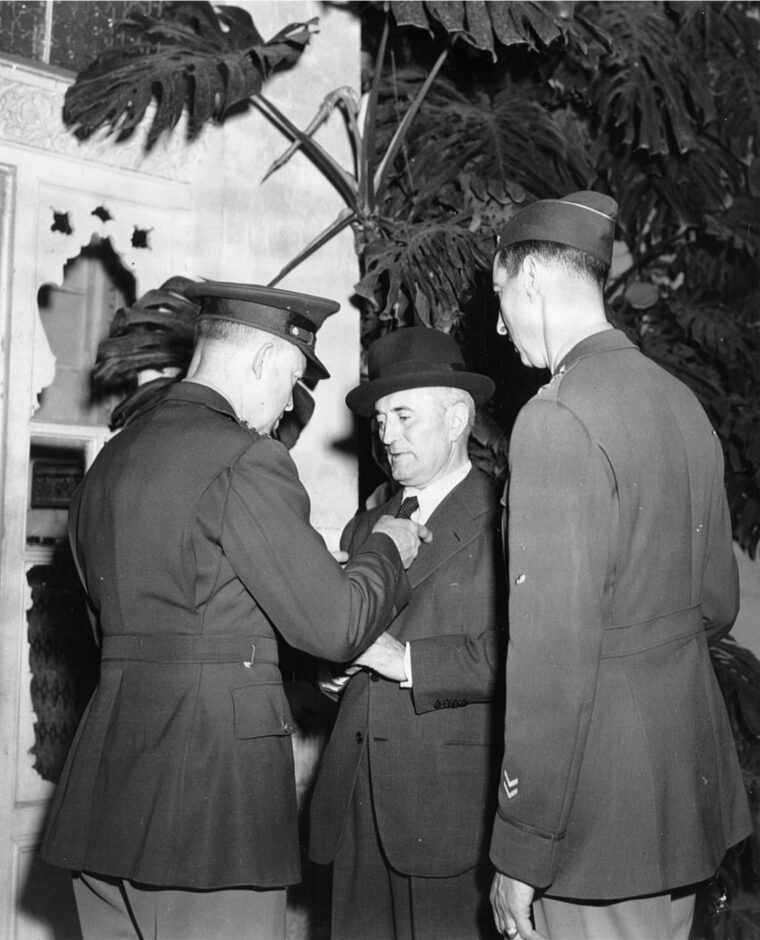
The American forces already in England were led by Dwight D. Eisenhower and his deputy, Mark Clark. Both these men, along with U.S. Army Chief of Staff General George C. Marshall, vehemently opposed Torch. True to American military thinking, they believed any action away from the strategic center was a waste of time. For his part, Clark maintained that Torch would be a “great calamity.” Churchill, on the other hand, believed Torch “offered the greatest opportunity in the history of England.” While Churchill was prone to overstatement, Torch would prove very beneficial to the Allied cause.
Planning for Torch began on July 31, 1942. The complexity of the mission was readily apparent when Clark opened the sessions by saying, “Some of you men are less confused than others about Torch.” Clark, perhaps more than any figure, would make Torch succeed. As deputy to Eisenhower, Clark established and directed the new Allied headquarters in England, headed planning for Torch, and determined equipment to be used by soldiers on the ground. Over the next few months he would finalize the operation, reach out to the French, and sign an agreement bringing the conflict in North Africa to an end.
If Germany’s Afrika Korps could be driven from North Africa, Allied bases in Tunisia would threaten the Axis from the air and provide a staging area for potential operations in southern Europe. Control of the famed Moroccan city of Casablanca, a major railroad terminus in North Africa, could facilitate the movement of troops and supplies throughout the region.
Planning was complete by the middle of September. Operation Torch called for three landings. The Eastern Assault Force, commanded by Maj. Gen. Doc Ryder, would land at Algiers with approximately 20,000 troops. It was to capture the port of Bougie and then advance toward Tunisia. The Central Assault Force, under Maj. Gen. Lloyd Fredendall, would land at Oran with 18,500 troops, capturing the city and the airfields at Tafaraoui and La Senia. The final group, the Western Assault Force, commanded by Maj. Gen. George S. Patton, Jr., would land in Morocco with 24,500 troops and counter possible German or Spanish action.
The invasion of North Africa was nearly compromised when a secret letter detailing the entire operation fell into Spanish hands. The courier had been onboard a ship that was torpedoed by the Germans and his body, along with the letter, was recovered by the Spanish. Luckily, the plan was never leaked to the Germans.
Clark traveled back to the United States for final consultation with political and military leaders. Enthusiasm for Torch was not very strong at home, as expressed by Dwight Eisenhower: “Without going into the details of the various plans proposed, it is sufficient to say that, measured purely from a military standpoint, the risks of the projected operation were so great as to condemn it if military factors alone were considered.”
With D-Day approaching, the Allies decided to gamble on an operation that could give them control of North Africa without firing a shot. Robert Murphy, the American counselor to Vichy and an expert on North Africa, was in touch with five prominent French civilians who had access to important Vichy military officers in North Africa, particularly General Alphonse Juin, commander of French forces in North Africa, who was known to be sympathetic to the Allied cause, and General Henri Giraud, who the Allies believed could rally the French military to their cause.
Clark “is One of Those Romantic Generals Destined to Move Always in an Atmosphere of High Drama.”
Giraud, in his sixties, was a hero of both world wars. Called “Papa Snooks” by the Allies, Giraud believed himself to be a genius of war. He was, however, not a genius of war, but of escape. Captured in World War I, he escaped from prison and returned to France by disguising himself as a butcher, a stable boy, a coal merchant, and finally a magician in a traveling circus. Captured by the Nazis in World War II, Giraud proved his genius again as he escaped from Koenigstein, a German prison camp for officers of high rank.
In October, Murphy returned from North Africa and reported that Maj. Gen. Charles Mast, chief of staff of the French Nineteenth Corps, was willing to talk to military representatives about cooperation with the Allies. The primary Allied contact in these discussions would be Mark Clark, who, according to Murphy, “is one of those romantic generals destined to move always in an atmosphere of high drama.”
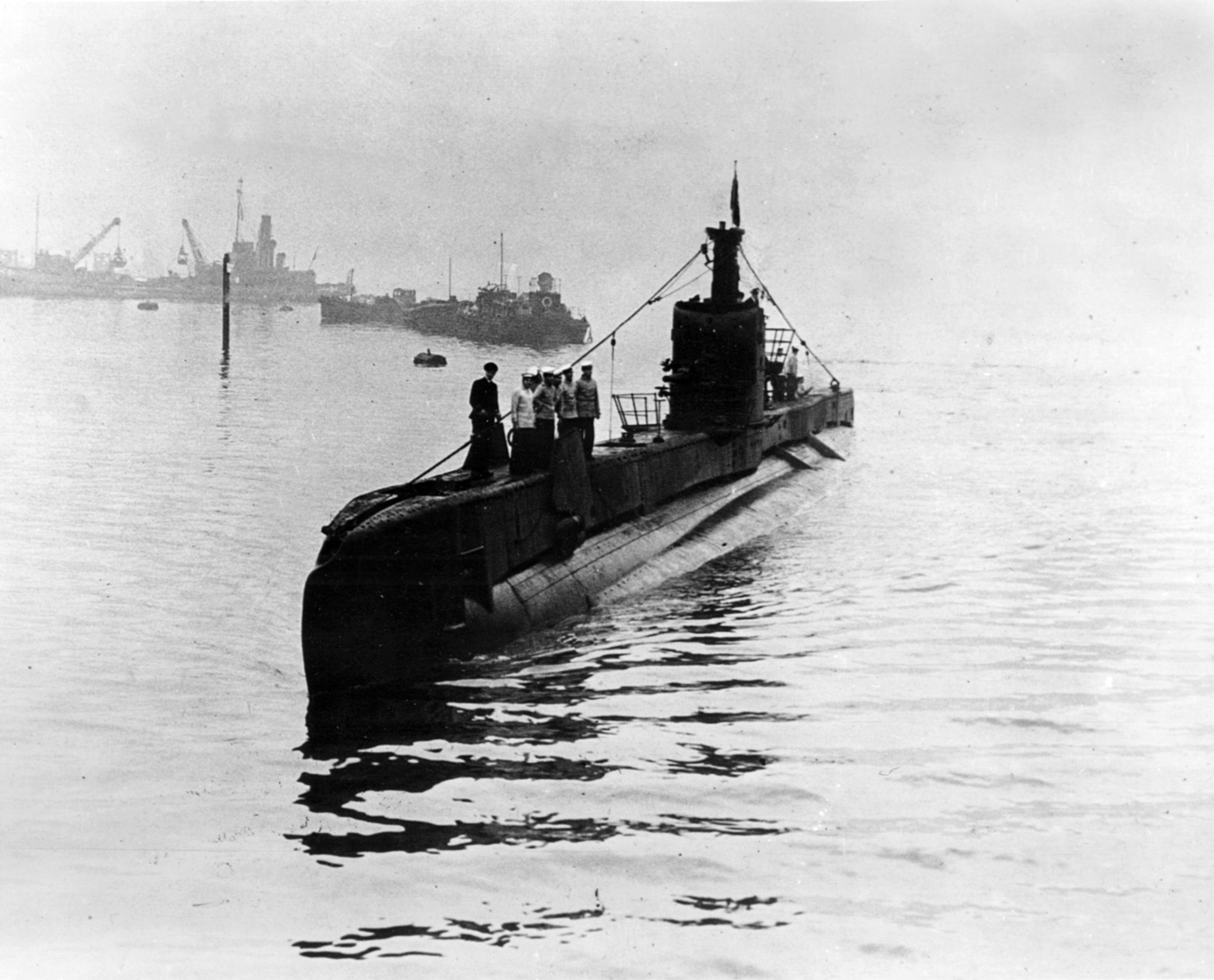
Clark was an odd choice for this mission. While some believe that he was the highest ranking officer whose absence would not interfere with the operation, he knew more about Torch than anyone. If Clark were captured, the consequences to the operation would be incalculable. Regardless, Clark, along with Brig. Gen. Lyman L. Lemnitzer, head of the Allied Force Plans Section; Colonel A.L. Hamblem, a shipping and supply expert; Captain Jerauld Wright, a Navy liaison officer; and Colonel Julius C. Holmes, who headed the civil affairs branch of Torch, all went on this risky mission.
Before leaving on the mission, Clark wrote his wife a short message. “I am leaving in twenty minutes on a mission which is extremely hazardous…. If I succeed and return, I will have done great things for my country and the Allied cause.”
Clark, dressed in a lieutenant colonel’s uniform, and the other officers left England aboard a plane named Red Gremlin, piloted by Paul Tibbetts, who later gained fame for piloting the Enola Gay, the plane that dropped the atomic bomb on Hiroshima in 1945. The group flew to Gibraltar and boarded the submarine HMS Seraph, commanded by Lieutenant Norman Limbury Auchinleck Jewell. Along with Jewell, three British commandos—Captain C.P. Courtney, Captain R.T. Livingstone, and Lieutenant J.P. Foote—would land with Clark. After introductions, Clark told Jewell they were looking for a house “with white walls and a red-tiled roof,” 12 miles west of Cherchell on the Algerian coast.
The submarine arrived at the rendezvous point at 4 am on October 21 and kept the house under observation. A pair of Algerian fishing boats got within 200 feet of the submarine and began to fish. Jewell had no choice but to dive deeper and attempt to land at a later hour.
Clark and his fellow Americans spent much of their time ducking the low ceilings of the sub, playing bridge and adapting to the foul air.
By nightfall on October 22, as he prepared for departure, Clark discussed various scenarios with Jewell. If Clark and his team did not return, the submarine was to crawl across the bottom of the sea near the shore and wait until October 25 before leaving for safe waters. Prior to departure, Clark’s party expressed their desire to land in civilian clothes. Clark knew this was a terrible idea, not only because they would be executed as spies if they were caught, but it would send the French the wrong message.
“Hell no! We’ll go ashore as American officers and nothing else,” roared Clark. “It will help the people we are dealing with to remember who we are and whom we represent. We mustn’t allow them to forget for a moment that we are American and that there are millions more Americans behind us.”
With the final arrangements made, Clark, armed with $2,000 in gold for use in an emergency, and his party paddled to shore, where they were met by Robert Murphy, who welcomed Clark to North Africa.
Clark Employed a Strategic Bluff to, Ironically, Gain the Trust of the French
Around 6 am, Clark and his men met with General Mast and his aide, Emile Jousse, and immediately began negotiations. Clark was impressed with Mast and remarked later that he was “a man who can be relied on.” Mast asked if the planned invasion could be expanded to southern France. Aware that he was being tested, Clark told Mast that was it was logistically impossible. Disappointed, Mast wanted more specifics on the invasion of North Africa. This put Clark in a precarious situation. He was trying to gain the trust of the French, but he could not tell them exact details.
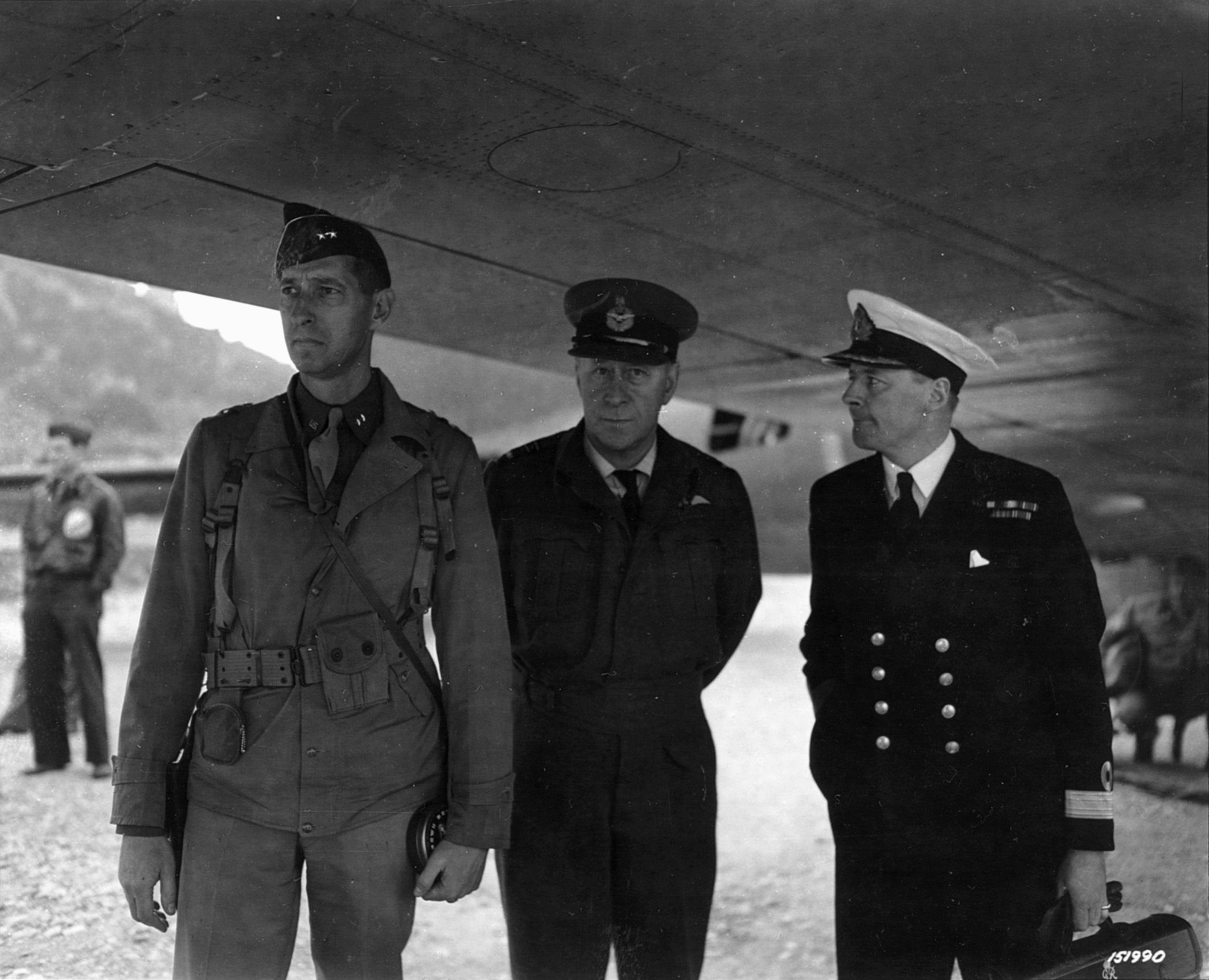
“I tried to keep a poker face while saying that half a million Allied troops could come in,” Clark recalled, “and I said that we could put 2,000 planes in the air as well as plenty of U.S. Navy.” In reality, only 112,000 troops would land in North Africa on November 8.
Once Mast was satisfied with what he was being told, Clark asked him what he could do for the Allies. Mast was happy to oblige, but requested 2,000 rifles, ammunition, and grenades to use in the seizure of key areas. With this assistance, the French were to take control of communications centers, take over troop barracks, arrest pro-Vichy commanders, seize public buildings, and try to prevent the French Navy from firing on the Allied landing force. This last task, of course, was the most important.
Mast and his followers were taking an extreme risk. Few Frenchmen in North Africa supported Free French leader Charles de Gaulle, and if found out, Mast and the others would most certainly be executed for treason. More importantly, if the French refused to fight the Americans, German forces would most likely occupy the rest of France and seize the French fleet at Toulon. Clark, as ordered by Roosevelt and Churchill, gave Mast an official assurance that in exchange for cooperation the Allies would restore France to her prewar boundaries, allow the French to lead themselves, and would view France as an equal ally in the war.
The last order of business Clark and Mast discussed was who would command the French forces. Roosevelt had designated General Henri Giraud as the overall commander of the French in North Africa, and Mast agreed. This conversation would come back to haunt both Clark and Eisenhower. When Giraud arrived in North Africa, he demanded to be supreme Allied commander of the entire operation.
With the initial contact made and key information exchanged, a tired Clark changed into a French officer’s uniform and went out to stretch his legs along the North African coast. During this break, Clark’s assistants finalized smaller but important details with Mast and Jousse. After Clark returned and changed back into his uniform, the French reported that police were on their way to the house.
Clark and his landing party fled to the wine cellar underneath the house. While they hid, Robert Murphy and Jousse gave Oscar-winning performances, as Murphy boldly told the police who he was and asked them not to embarrass him, as he and Jousse were having a party and women were upstairs sleeping. In the wine cellar, Clark, armed with a pistol, tried to listen to what was going on.
During the silence, Captain Courtney was fighting back a cough and told Clark, “General, I’m afraid I’ll choke.” Clark quietly responded, “I’m afraid you won’t.” He handed the struggling commando some gum. Later, Courtney asked why American chewing gum was so tasteless. Clark laughed. The gum had come right out of his mouth and had been chewed on for hours.
After a few tense minutes, the police left and Clark returned to the upper level of the house. It seemed that the police were not looking for American officers, but black market merchants and illegal trading. Arab servants in the house had been ushered out before Clark’s arrival and had contacted the police after discovering footprints in the sand near the beach.
With the police gone for now, Clark decided the mission had been completed. Unfortunately, the rough seas prevented the group from reaching the Seraph. Clark considered alternatives if they could not reach the submarine, but by 4 am on October 23, decided to try one more time.
Before they reached the surf, a bizarre exchange took place. Wet and fearful that the gold he was carrying would weigh him down, Clark ordered General Lemnitizer to drop his pants and give them to him. Lemnitizer, now pantless, ordered a colonel to do the same. Eventually, the epic of the pants reached lowly Lieutenant Foote, who outranked no one and was forced to paddle to the sub pantless. Finally, after paddling for what seemed like hours and losing a boat that contained numerous secret papers and Clark’s pants, the group reached the Seraph. Immediately, Clark deemed the meeting “a great success.”

Once on the submarine, a relieved Clark radioed Murphy to search the beach for his trousers, which contained the gold and the secret papers. Eventually the papers and the trousers were found, but the gold was never recovered.
On October 24, when the Seraph emerged from the depths of the ocean, Clark wired Eisenhower of the success of the mission and jokingly told the Supreme Allied Commander that they had hidden in an “empty, repeat empty, wine cellar.” Later, Clark and the others involved created the “Panoe Club,” an exclusive group that met periodically to remember their mission.
Back in London, Clark met with King George VI, who told the American, “I know all about you. You’re the one who took that fabulous trip. Didn’t you, by the way, get stranded on the beach without pants?”
In addition to gaining celebrity and a meeting with the king of England, Clark was awarded the Distinguished Service Medal, but, more importantly, he had greatly aided Torch. Although downplayed by historians, Clark’s submarine mission was a success. While no exact agreements were reached, the meeting started discussions with the French to end Vichy resistance in North Africa. Without this meeting, Allied casualties would have been greater and the success of Torch would certainly have been more doubtful.
“When You Have 3,000 Tanks, 6,000 pPlanes and 500,000 Men to Bring to Marseilles, let Me Know. Then We shall Welcome You.”
A few days before the invasion, all of Clark’s hard work was nearly wiped out by the arrival of Admiral Jean Francis Xavier Darlan, who was making an emergency visit to North Africa to see his son, who was dying of polio. Darlan was a high-ranking official in the Vichy government. Not only was he deputy prime minister to Marshal Henri Pétain, but he outranked Mast and Giraud. He also had the respect of the Vichy troops in North Africa. His arrival would have a profound effect on the plans Clark had made with Mast.
While serving as counselor to the Vichy government, Murphy had believed that Darlan would work with the United States. The admiral had secretly told the American diplomat, “When you have 3,000 tanks, 6,000 planes and 500,000 men to bring to Marseilles, let me know. Then we shall welcome you.”
Eisenhower, who was busy with the upcoming invasion, delegated the problem of Darlan to Clark. The Supreme Allied Commander gave Clark the best compliment one could receive when he told him, “I must have someone who can act for me without having to confer with me or get my opinions.” With the order given, Clark had to complete an even more dangerous mission: dealing with a Nazi collaborator.
The so-called Darlan Deal would become one of the most controversial events of the war, but Eisenhower knew of the importance of dealing with Darlan. “The military advantages of an immediate cease fire are so overwhelming that I’ll go promptly to join Clark in Algiers and if the proposals of the French are as definite as I understand, I shall immediately recognize Darlan as the highest French authority in the region. He can act as the interim head of such civil government as exists, on condition that he carries out any orders I may issue,” said Eisenhower.
On November 8, 1942, the Torch landings took place. The Allied invasion force safely reached the coast of North Africa, and American troops stormed the beaches. As for Clark and Eisenhower, they had to deal with Giraud, who believed he was to be named supreme Allied commander in North Africa. According to Clark, when Giraud demanded command, he believed Eisenhower “had probably never been so shocked and showed it so little.” After a few hours, Giraud relented and accepted command of all French forces once the invasion was over. With the issue of Giraud settled, Clark went to meet Darlan.

The early landings were progressing well for the Allies. Still, in some areas the French were firing on Americans troops and putting up stiff resistance. The French battleship Jean Bart fired on American ships at Casablanca before being put out of action.
On November 9, Clark met Admiral Darlan and his small staff in the St. Georges Hotel in Algiers. Immediately Clark demanded that Darlan issue a cease-fire order. Darlan coolly responded that he did not have that authority and that he would only “obey the orders of Pétain.” Angry, Clark exploded, “Then I will end these negotiations and deal with someone who can act.” Darlan again told Clark that he was powerless and said he had “asked Vichy to give me an answer to your terms as soon as possible.” Knowing that Darlan was just wasting time, Clark told the admiral, “What you propose is not possible. I will end this conference in thirty minutes.”
Clark stormed out of the room and Darlan discussed the situation with his staff. When Clark was ushered back into the room, Darlan told the American commander that he would issue a cease-fire. According to the agreement, Darlan would become head of the government and Giraud would remain head of the French forces in North Africa. Clark was relieved to learn later that the French troops were obeying the order. He had achieved remarkable success.
During a second meeting on November 11, Clark asked Darlan to order the French fleet at Toulon to sail to North Africa and link up with the Allies. Darlan refused, believing he would be dismissed by Pétain and that the fleet commander in Toulon would ignore the order. Darlan eventually did request that the French fleet move out of Toulon to North Africa.
Things appeared to be working out, but by 5 am on November 12, Clark awoke to his worst fear. Pétain had dismissed Darlan and replaced him with General Auguste Paul Nogues, resident general of Morocco. Clark, on the verge of madness, asked Darlan, “Why, in the name of all that is decent, honorable, and intelligent, have you revoked your order to oppose Axis movement into Tunisia?”
Darlan said he could do nothing but wait for Nogues to arrive, but Clark and the Allies could not afford the time. When Clark left the room after having his say, one of Darlan’s aides advised him to calm down, telling him, “Don’t spoil everything.” After wasting more time, Darlan reinstated the order, but 15,000 German troops and 9,000 Italian troops were moving to reinforce North Africa.
After the agreement was reached, Eisenhower immediately cabled Clark about the controversy that was to come and stated succinctly, “We must do nothing to embarrass our governments in the future…. Therefore, we must have no needless publicity about any dealings with Darlan.”
As expected, public opinion in the Allied nations was generally negative. Many asked how the Allies could deal with a known Nazi sympathizer and collaborationist. The answer was simple. The deal was a military and political necessity. The agreement undoubtedly saved many lives in Morocco and spared the city of Casablanca, which had been scheduled to be bombed from the air and shelled by warships at the order of General Patton.
Assassination of an Admiral
The deal left Clark tainted, while Eisenhower remained above the fray. Regardless, Clark never regretted his involvement in the deal. Soon, he received his most coveted prize, a field command. Overall, he was relieved, worn out, and ultimately frustrated by the whole affair. He wrote in his diary about the deal: “What a mess…. Why soldiers have to get into things like this when there are wars to be fought—God, it’s awful.”
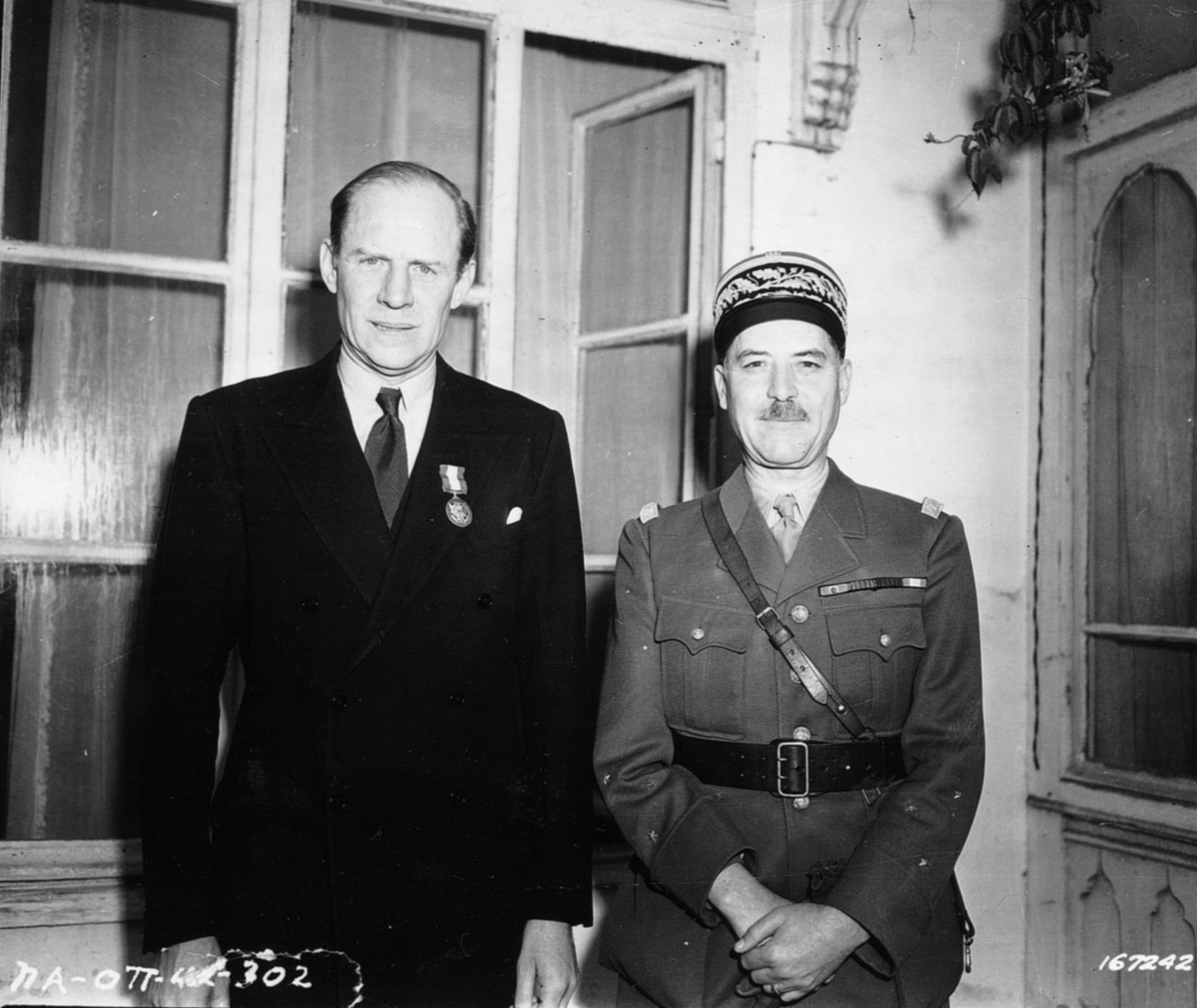
Later Clark even cabled Eisenhower and expressed his feelings about the deal. “I know the hell you have been taking, sitting in that damn tunnel, but don’t think I haven’t had my share of it here. I have never gone through ten days like this before in my life.”
Internationally, the Darlan Deal was treated much the same. Free French leader Charles de Gaulle was incredulous, saying, “The United States can pay traitors but not with the honor of France.” Winston Churchill, although an accomplice in the whole affair, told the press that Darlan “ought to be shot.” Little did Churchill know, but such would be the collaborationist admiral’s fate.
On Christmas Eve, Admiral Darlan was assassinated by Bonnier de la Chappelle, a young de Gaulle supporter, who believed he would go unpunished. Chappelle was quickly arrested, sent to trial, and executed. Giraud took Darlan’s place, and the outcry over the agreement died with Darlan.
For the Allies, the assassination was a blessing. Clark later wrote, “[His] death was, to me, an act of Providence. It is too bad that he went that way, but, strategically speaking, his removal from the scene was like the lancing of a troublesome boil. He had served his purpose, and his death solved what could have been the very difficult problem of what to do with him in the future. Darlan was a political investment forced upon us by the circumstances, but we made a sensational profit in lives and time through using him.”
On December 1, 1942, Eisenhower put Clark in command of the Fifth Army. Now a lieutenant general, Clark readied himself and his army for the invasion of Italy. Clark’s Fifth Army would capture Rome on June 4, 1944, and fight the rest of the war in the tough terrain of northern Italy.
Winston Churchill praised Clark’s “daring, sagacity, and power of decision.” From his work as deputy to Eisenhower, to the submarine mission, to dealing with Darlan, Clark was the key figure of Operation Torch. Without him, Allied ca
sualties would have been higher, and the whole operation could have become a stalemate, or worse an Allied defeat.
The general’s exploits during Torch are, for the most part, only footnotes to history. However, his courageous behavior, clear judgment, and determination in the face of uncertainty and danger were pivotal factors in the success of the first major offensive operation against Nazi Germany by the Western Allies.
Jon Mikolashek is a graduate student at Florida State University. He is currently researching a book on General Mark Clark.
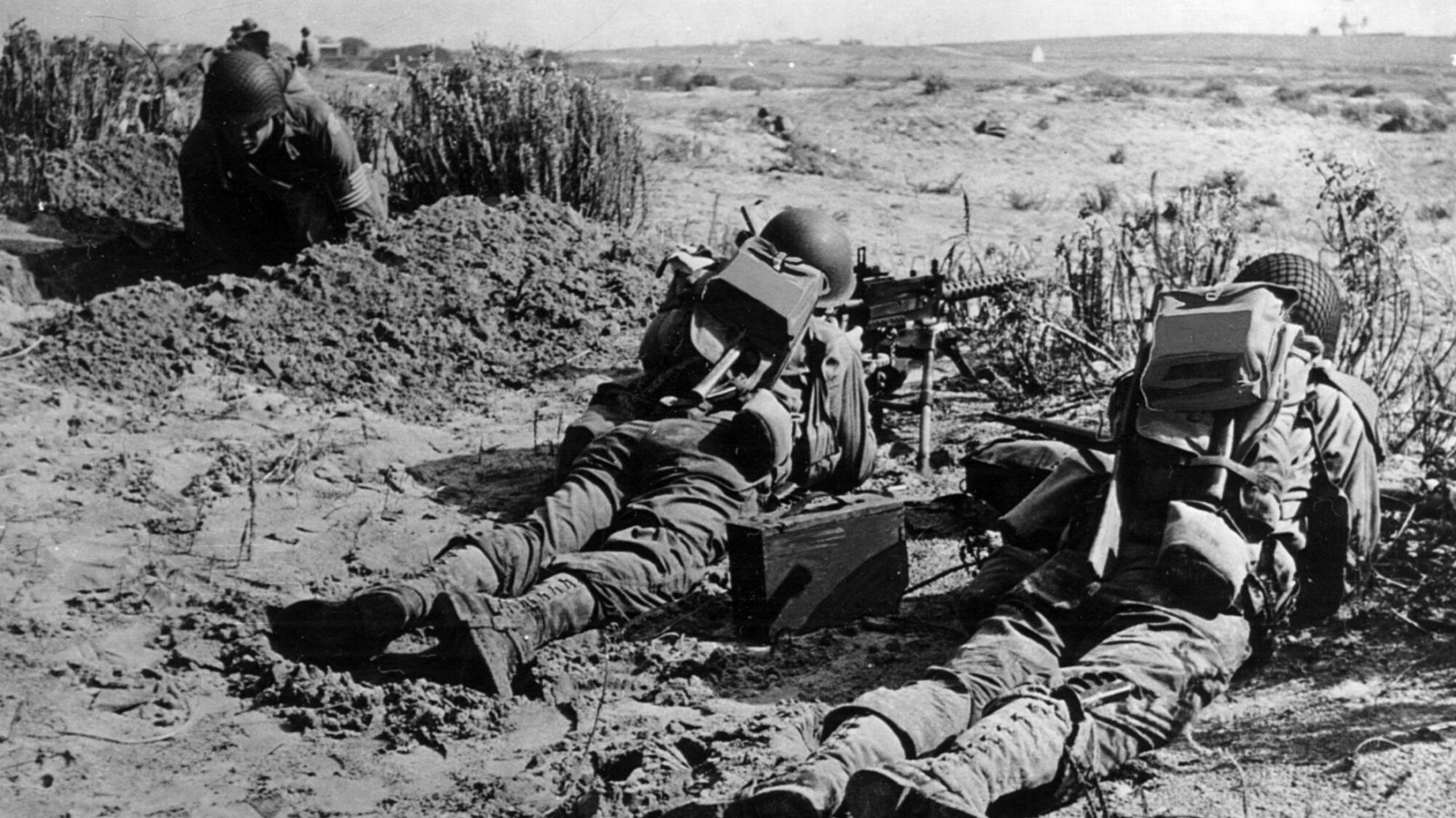
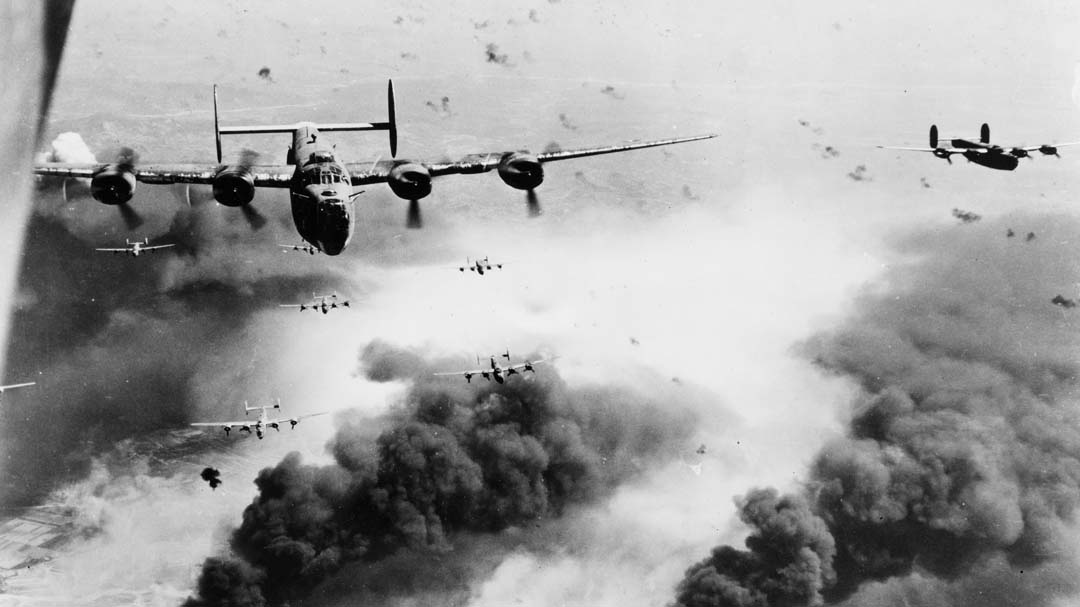
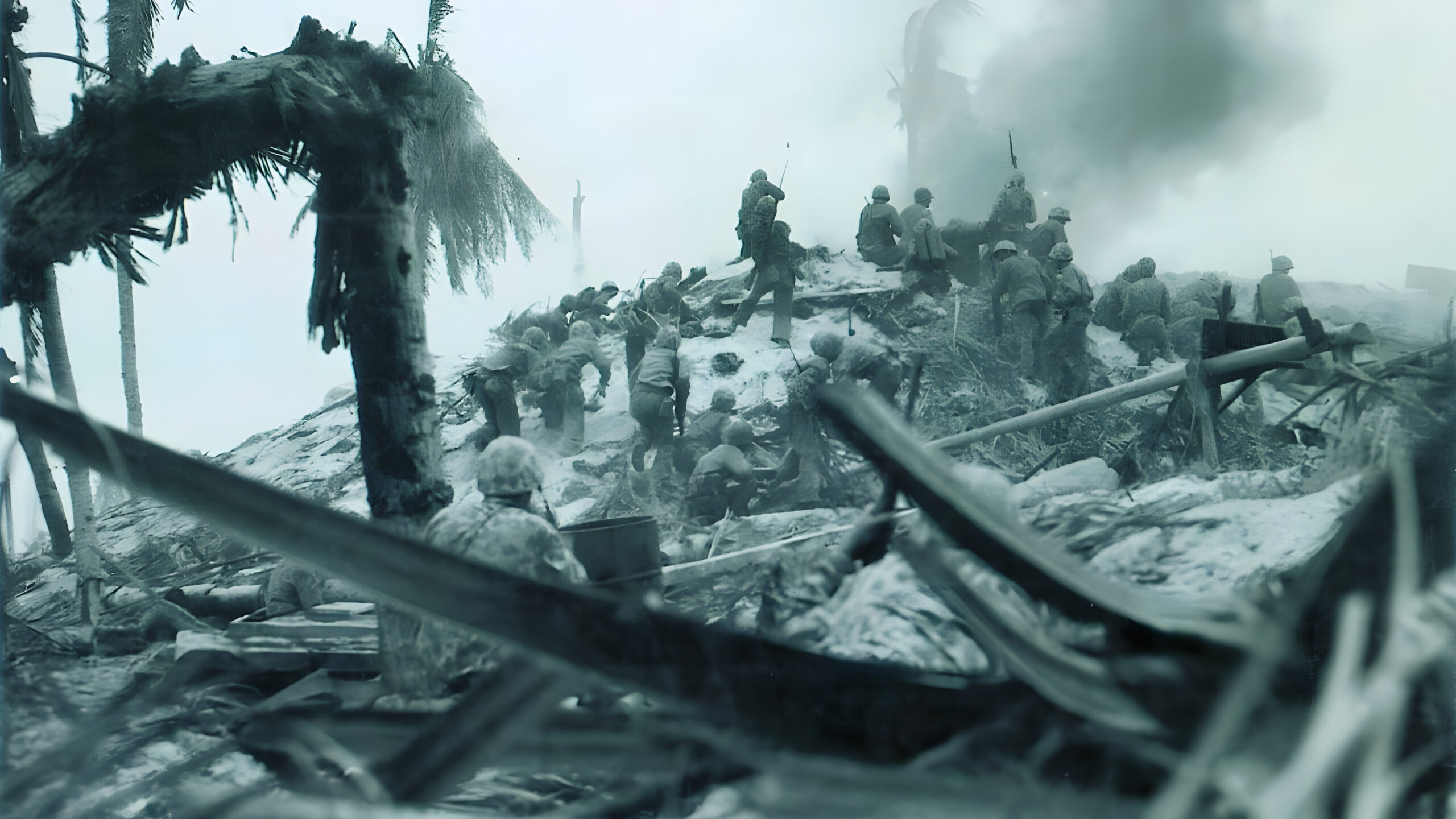
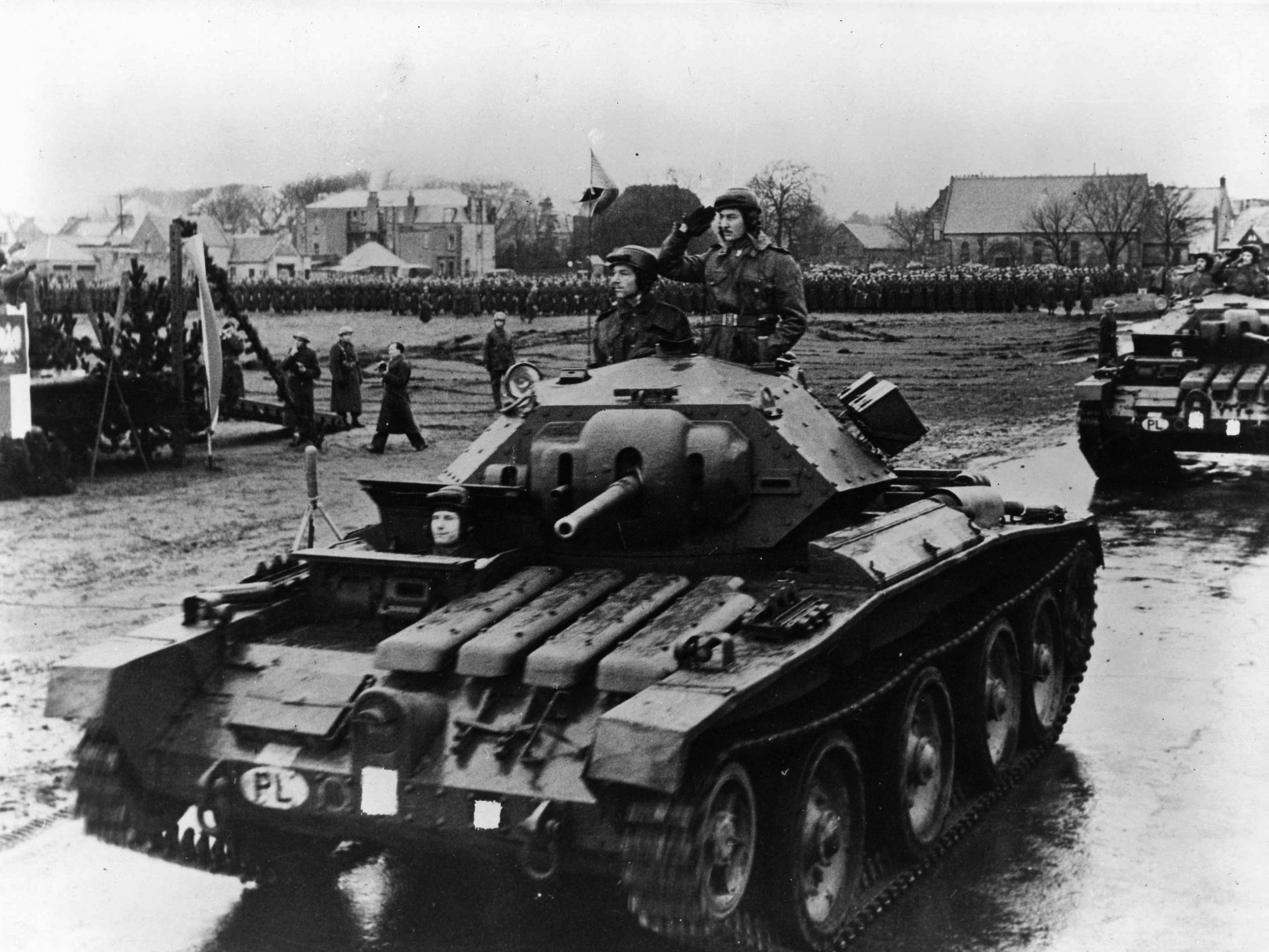
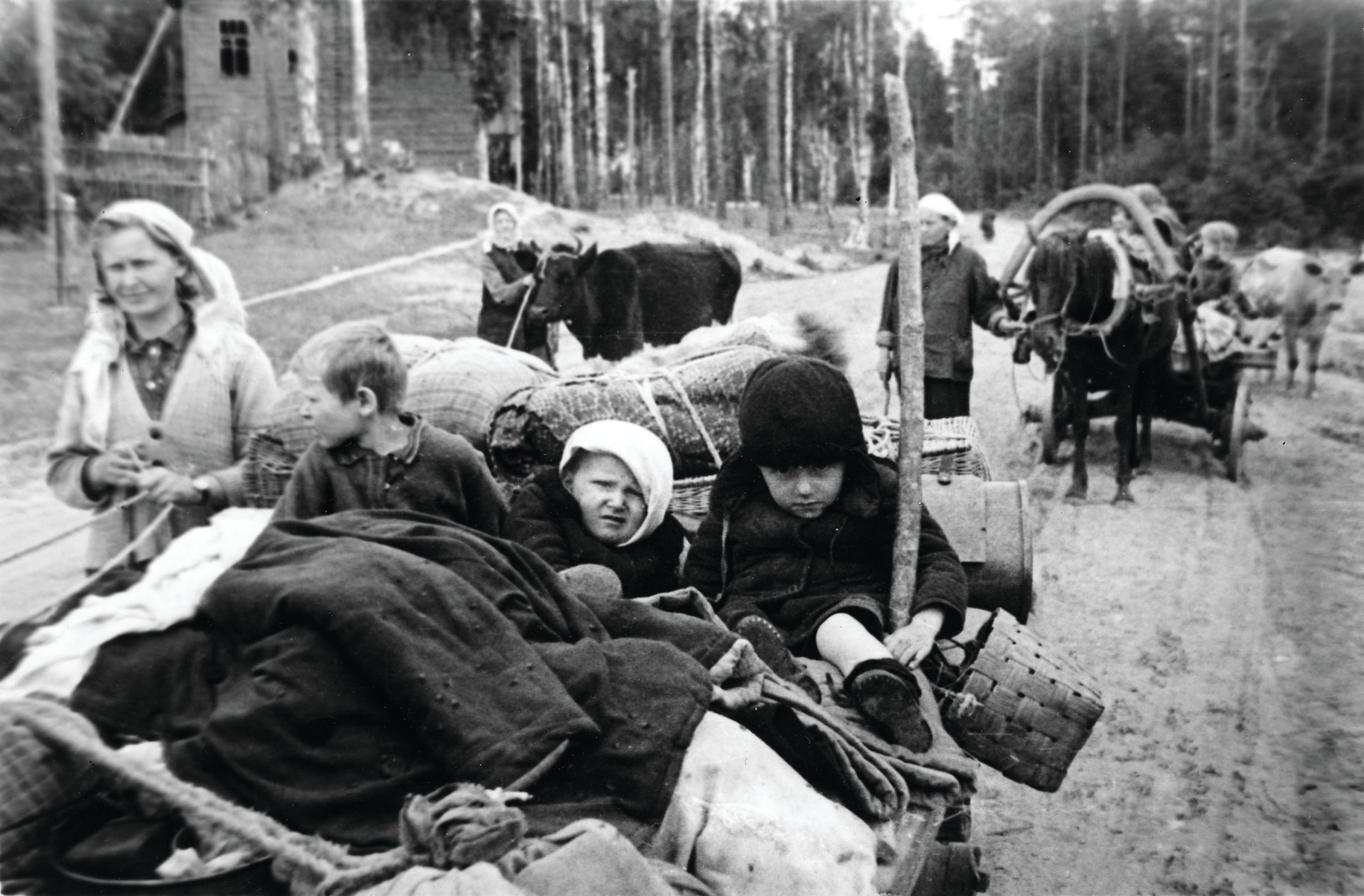
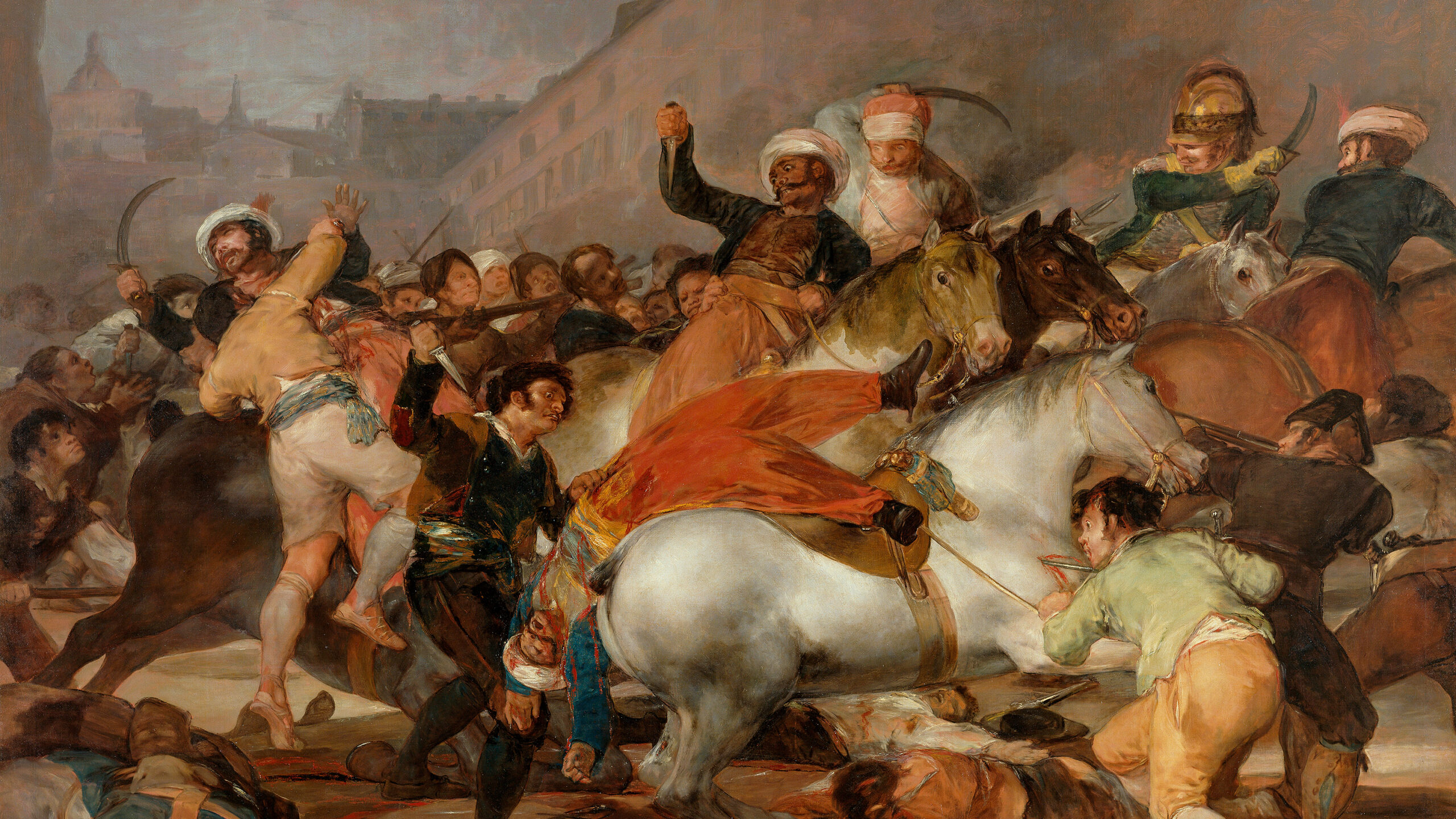
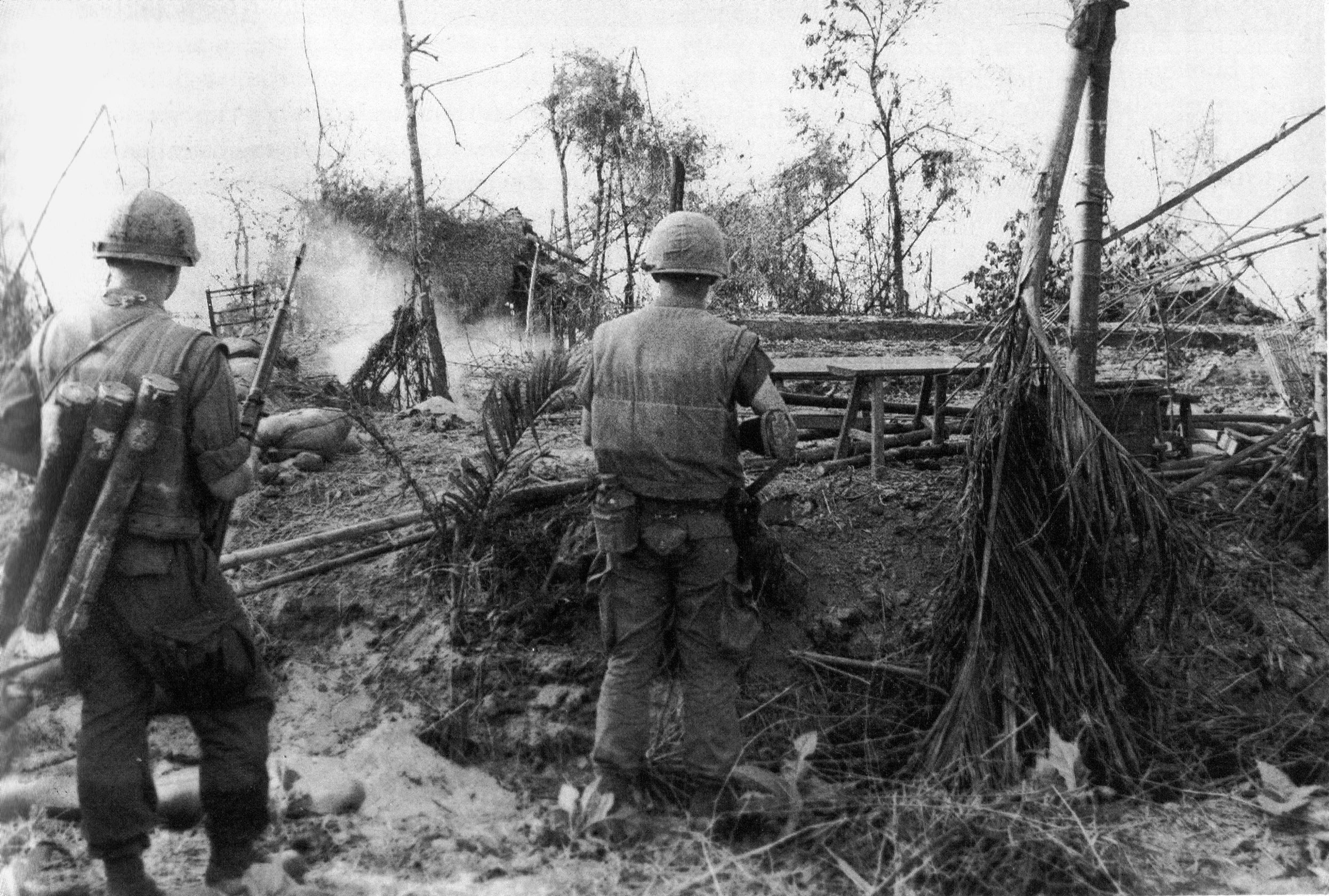
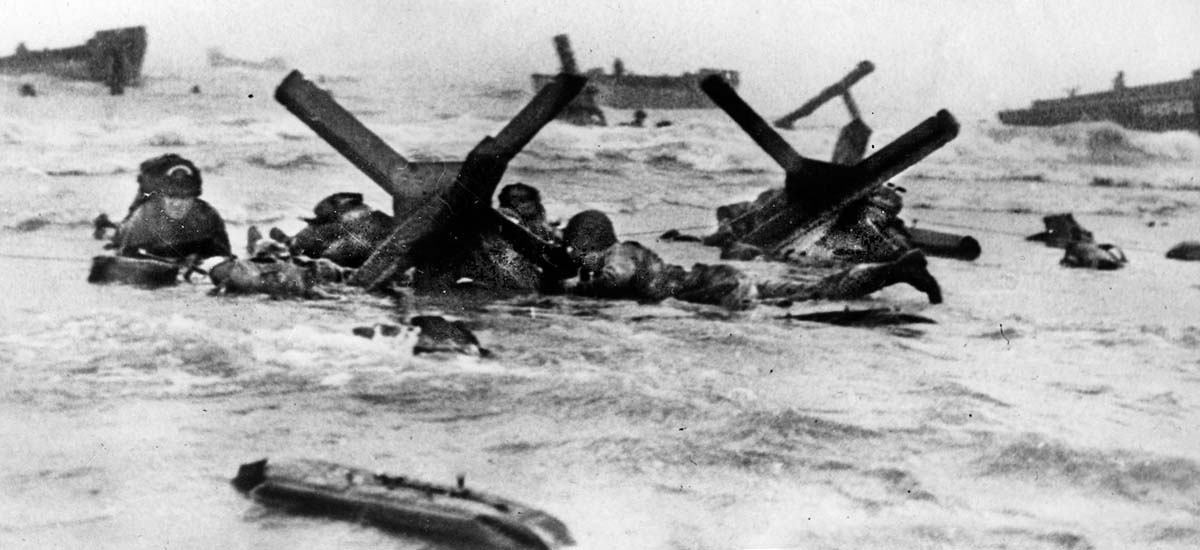
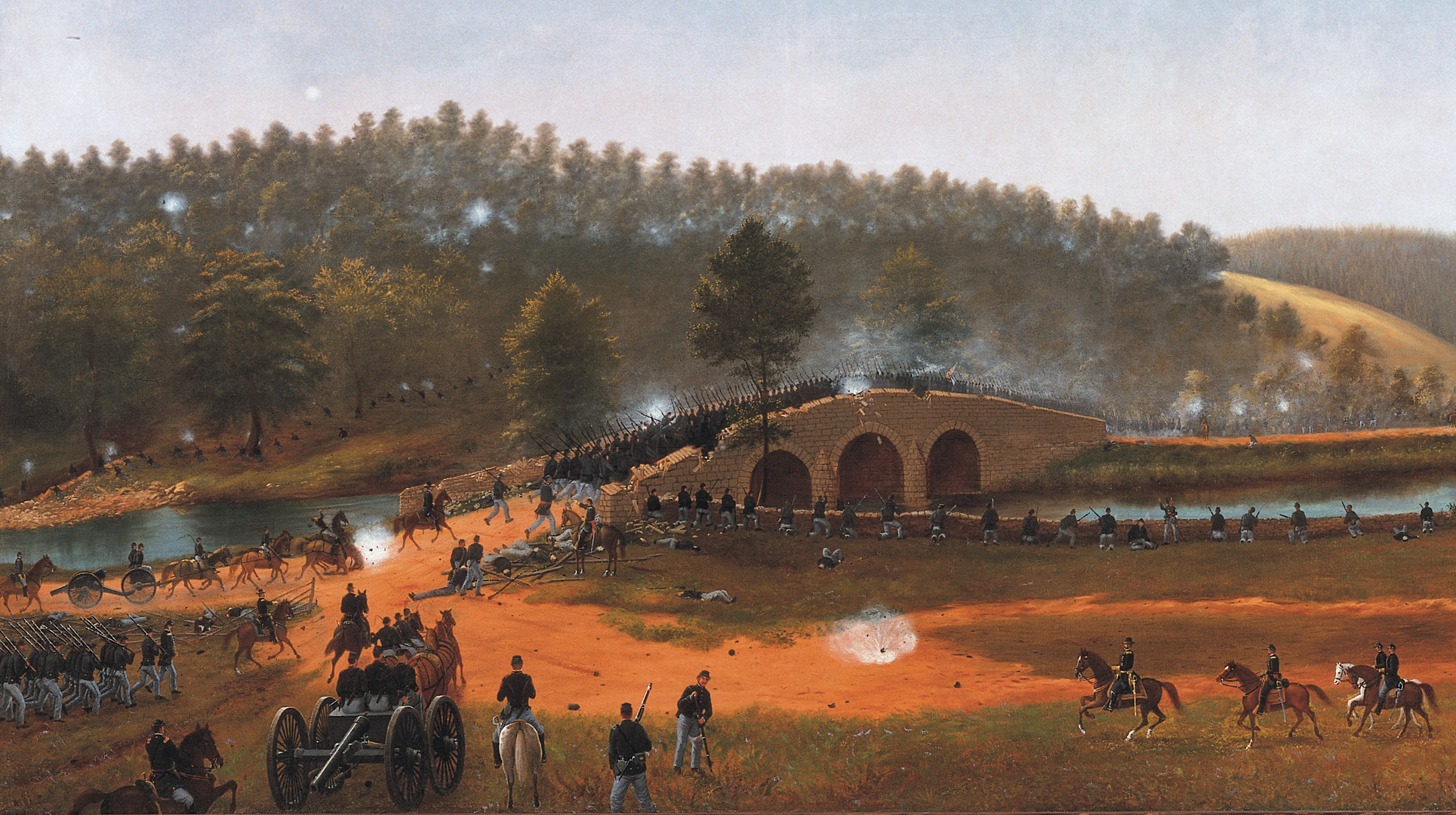
Join The Conversation
Comments
View All Comments